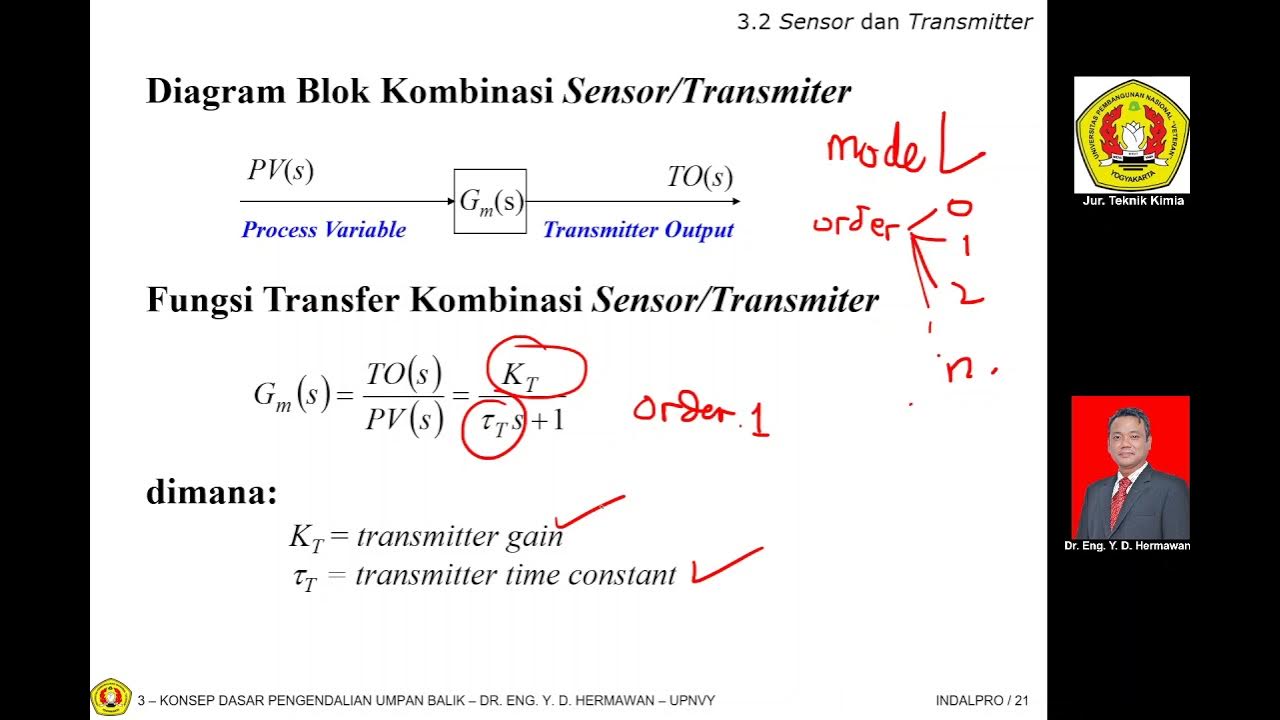Leadership: Relationship Building (Dr Abigail Castro)
Summary
TLDRIn this insightful lecture, Vice Dean Abigail LC Bman Castro explores the critical relationship between leadership and relationship building in organizations. She emphasizes how trust, communication, motivation, collaboration, and conflict resolution are key components that drive success. Effective leaders foster an environment where strong relationships thrive, leading to increased teamwork, innovation, and productivity. Through empathy and transparent communication, leaders can guide their teams toward common goals while enhancing personal and organizational growth. The lecture highlights how leadership and relationship building are interdependent, offering a framework for achieving lasting success in both professional and academic environments.
Takeaways
- 😀 Leadership involves guiding and inspiring a group toward a common goal, such as the school’s mission and vision.
- 😀 Relationship building is essential for creating meaningful connections with others, which supports organizational success.
- 😀 Leadership and relationship building are interconnected and mutually reinforce each other in achieving success.
- 😀 Trust and credibility are fundamental components of strong relationships; leaders earn trust through consistency, integrity, and transparency.
- 😀 Effective communication, including active listening and providing feedback, fosters trust and understanding within teams.
- 😀 Motivation and engagement are enhanced when leaders understand their team members’ strengths, weaknesses, and aspirations.
- 😀 Personalized leadership approaches help increase job satisfaction and productivity by inspiring individual growth.
- 😀 Collaboration thrives when team members trust and respect one another, leading to innovative ideas and better teamwork.
- 😀 Conflicts in organizations are inevitable, but strong relationships help leaders effectively manage and resolve conflicts.
- 😀 A leader’s ability to mediate disputes and encourage open dialogue is essential for maintaining a healthy work environment.
- 😀 Both leadership and relationship building are necessary for fostering a culture of trust, collaboration, and achievement, contributing to organizational and personal success.
Q & A
What is the primary focus of leadership in an educational context?
-The primary focus of leadership in an educational context is to guide and inspire a group of individuals toward a shared goal, aligning with the school's mission and vision.
How are leadership and relationship building connected?
-Leadership and relationship building are interconnected because strong leadership fosters an environment that encourages positive interactions, and these interactions help build meaningful relationships, which in turn enhance leadership effectiveness.
What role does trust play in leadership?
-Trust is a cornerstone of leadership. Leaders who demonstrate consistency, integrity, and transparency in their actions earn the trust of their team, which is essential for building strong relationships and fostering collaboration.
Why is effective communication important for leaders?
-Effective communication is vital for leaders because it ensures open, honest dialogue, facilitates understanding, and promotes a culture of trust. It is not just about giving instructions but also involves active listening and feedback.
How can leaders motivate and engage their teams?
-Leaders can motivate and engage their teams by understanding individual strengths, weaknesses, and aspirations, and tailoring their leadership approach to inspire and support personal growth. This personalized approach leads to higher job satisfaction and productivity.
What is the significance of collaboration within teams?
-Collaboration is crucial because when team members trust and respect each other, they work together more effectively. This promotes teamwork, leverages individual strengths, and leads to innovative ideas and solutions.
What happens when a team lacks collaboration?
-When a team lacks collaboration, individuals may work in isolation, resulting in fewer creative ideas and a less productive environment. The absence of collaboration can hinder both personal and organizational growth.
How do leaders handle conflict within teams?
-Leaders manage conflict by mediating disputes, encouraging open dialogue, and finding mutually beneficial solutions. Their ability to handle conflicts positively ensures minimal disruptions and maintains a healthy work environment.
What are some key steps for resolving conflicts in teams?
-Key steps for resolving conflicts include effective communication, being sensitive to others' feelings, being polite, avoiding gossip, accurately interpreting emotions, and calmly arriving at a resolution.
How do strong relationships impact a leader's ability to lead effectively?
-Strong relationships enhance a leader's ability to lead by fostering a sense of trust and cooperation within the team. The quality of relationships directly impacts a leader's influence, helping them guide, inspire, and achieve organizational goals.
Outlines

Dieser Bereich ist nur für Premium-Benutzer verfügbar. Bitte führen Sie ein Upgrade durch, um auf diesen Abschnitt zuzugreifen.
Upgrade durchführenMindmap

Dieser Bereich ist nur für Premium-Benutzer verfügbar. Bitte führen Sie ein Upgrade durch, um auf diesen Abschnitt zuzugreifen.
Upgrade durchführenKeywords

Dieser Bereich ist nur für Premium-Benutzer verfügbar. Bitte führen Sie ein Upgrade durch, um auf diesen Abschnitt zuzugreifen.
Upgrade durchführenHighlights

Dieser Bereich ist nur für Premium-Benutzer verfügbar. Bitte führen Sie ein Upgrade durch, um auf diesen Abschnitt zuzugreifen.
Upgrade durchführenTranscripts

Dieser Bereich ist nur für Premium-Benutzer verfügbar. Bitte führen Sie ein Upgrade durch, um auf diesen Abschnitt zuzugreifen.
Upgrade durchführenWeitere ähnliche Videos ansehen

For Corporate Planners: Four Types of Strategy, and an Expanded View of Your Role

UJAR SISTEM INFORMASI MANAJEMEN PERTEMUAN 6 SISTEM INFORMASI DALAM ORGANISASI DAN ASSET KOMPLEMENTER

Organizational Power and Influence

2021 04 05 IPP 3 2 Sensor Transmitter

Pra LDK - (4) Keterampilan Berkomunikasi

Pelaku Usaha
5.0 / 5 (0 votes)
